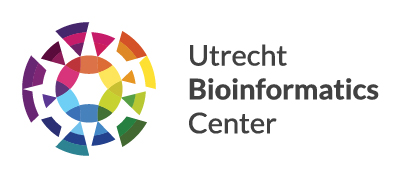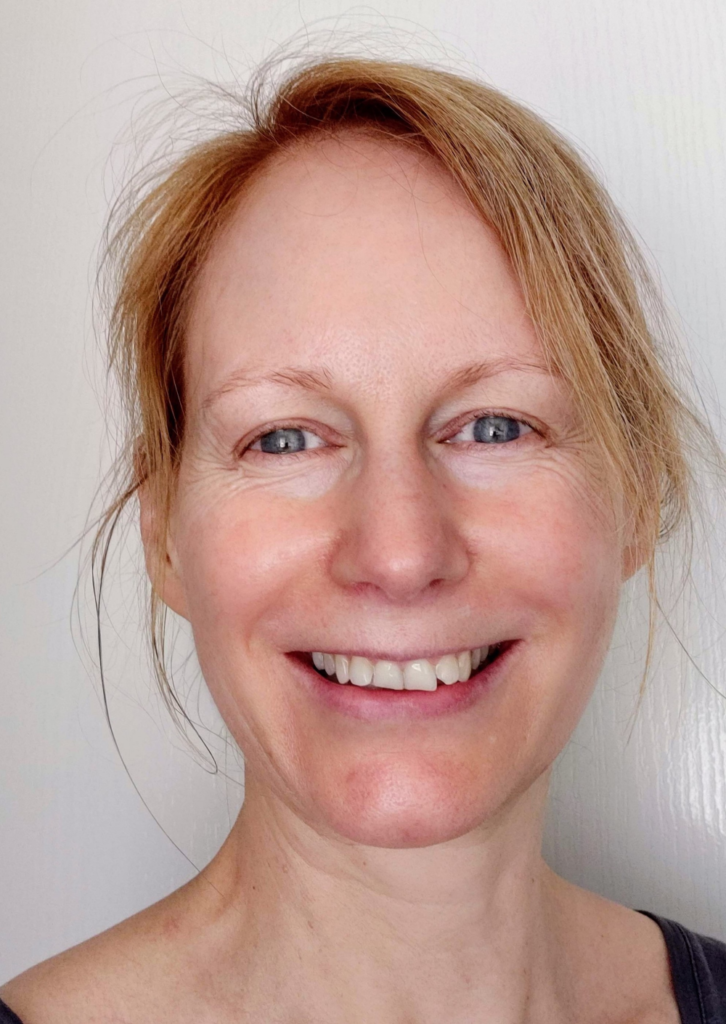Variety in working methods
So, what is it that you teach the students about cancer genomics? “In the course, students learn about next generation sequencing techniques that are used to detect mutations and structural variants in tumors, how to apply them in cancer research and diagnostics and what challenges you encounter doing cancer genomics. Real-life pipelines such as those that we run in our lab, are not fit to use in a course set-up. To give students hands-on experience and insight in these processes they work through computer exercises where they perform the same analyses, but on much smaller data sets. Four guest lectures are scheduled with researchers from in- and outside Utrecht Science Park. They discuss the latest developments and techniques in cancer genomics research. Topics vary per year, and so far we have had talks about mutational signatures, machine learning, single cell sequencing, and so on. In the second week students work on a project where they are given a genomic data set of a cancer patient, and have to answer the question: ‘which key mutation(s) are likely the cancer drivers in this patient?’ This assignment is set up as an escape room, in the beginning the students are ‘thrown in the deep’, but during the project, they will receive small hints that help them toward a solution.”
Complementary knowledge
How did all of this work out for your students? “Our worries about the knowledge of the students were not justified. The blend was working well especially during the project assignment where students with programming skills did complement those with more knowledge of cancer biology. Jayne, Patrick and I are happy that both editions of the course were evaluated well by the students, despite the fact that the course had to be set up in a fully online format. Hopefully the next edition in January 2022 will be on-campus, but we are planning to keep some highly-appreciated online elements, such as recorded ‘walk-throughs’ for the computer exercises and the use of CoCalc, a cloud computing environment.”
Teaching tenure track
When asked for it, Joséphine tells us about her motivation to coordinate the course. “Before starting in Academia, I had several years of teaching experience: both as teacher in secondary school Mathematics and as instructor of IT courses in Industry. With the end-date of my postdoc project at the Máxima Center nearing, I was thinking about moving my career more towards education. My experience as teacher and coordinator of this course made me even more enthusiastic about this idea. Last year I successfully applied for a tenure track position as assistent professor in Bioinformatics in Berend Snel’s group at Utrecht University and started working there in January this year. Apart from the Cancer Genomics Master’s course, I am now involved in various bioinformatics-related Bachelor’s courses and I hope to contribute to the continuing development of bioinformatics education at all levels here in Utrecht.”

